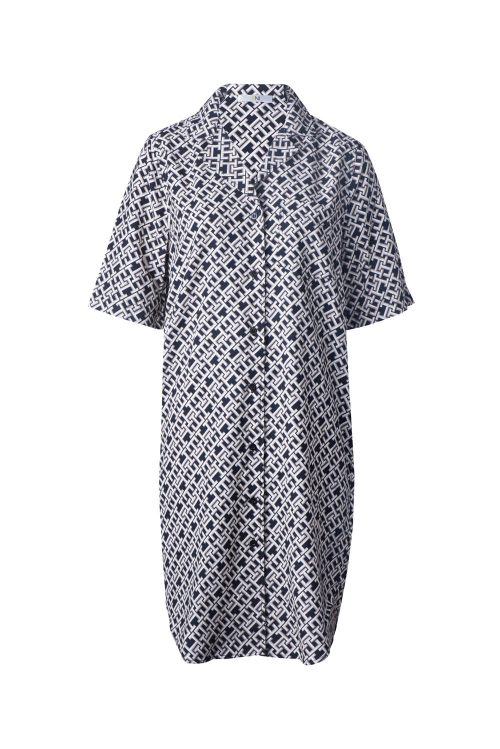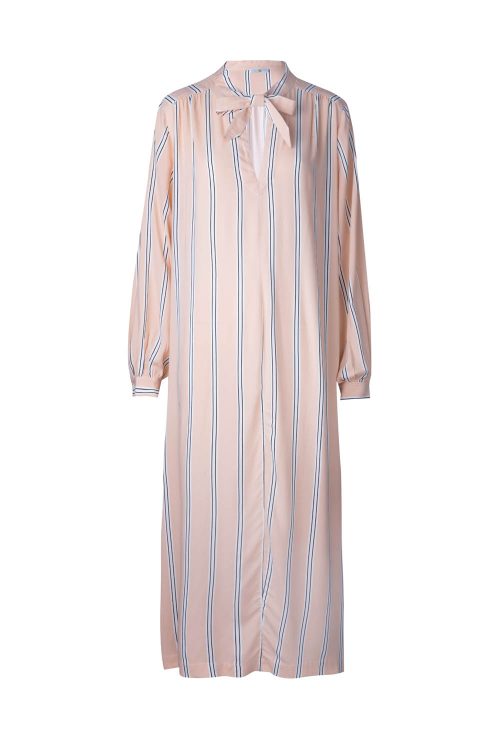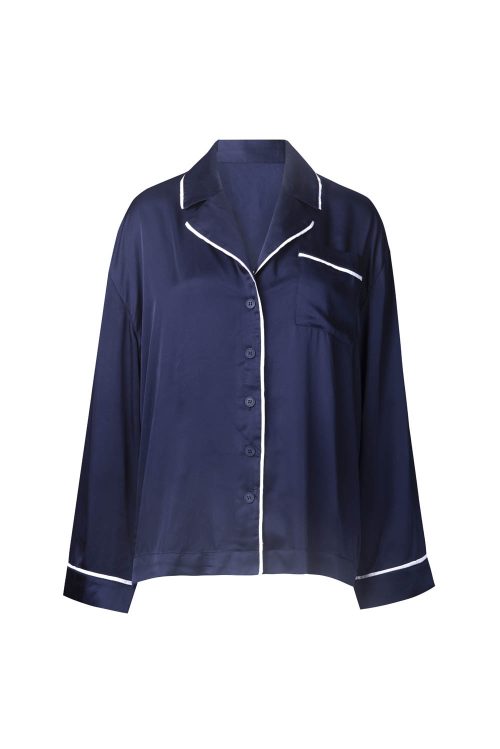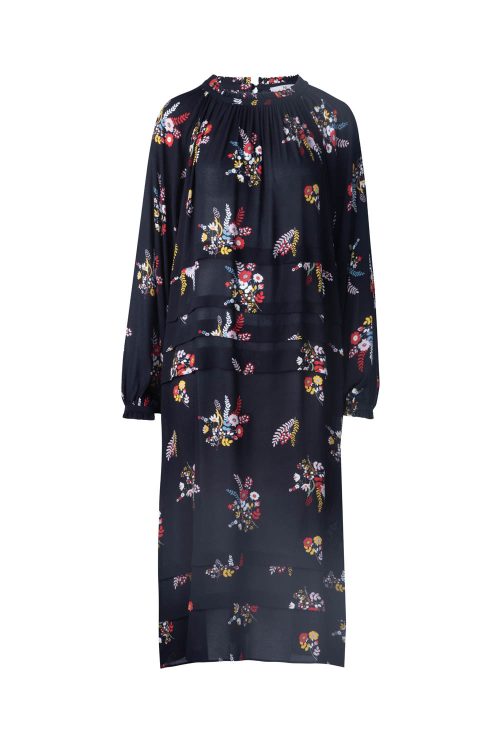
Defining OEM in the Fashion Industry Original Equipment Manufacturing (OEM) in the clothing sector refers to the process where a brand designs garments, and then contracts with an external factory to produce them. This approach allows brands to leverage the specialized skills, advanced technology, and cost advantages of established clothing manufacturers, particularly those based in regions known for their textile prowess, like Shanghai, China.
The Importance of OEM for Brands and Retailers OEM partnerships are crucial for both emerging and established brands. They offer a streamlined path to expanding product lines, entering new markets, and reacting swiftly to fashion trends without the overhead of maintaining a factory. This model fosters a focus on design and marketing, leaving the complexities of production to the experts.
Benefits of Choosing OEM for Clothing Production
Cost Efficiency and Competitive Pricing One of the primary advantages of OEM clothing production is the significant cost savings it offers. By outsourcing manufacturing, brands can benefit from the economies of scale and lower labor costs prevalent in countries with a rich history of textile manufacturing.
Customization and Flexibility OEM allows brands to customize their offerings extensively. From unique designs to specific materials, OEM manufacturers can adapt to various requirements, ensuring that the final product aligns with the brand’s vision and quality standards.
Speed to Market In today’s fast-paced fashion industry, speed to market is critical. OEM manufacturers, with their streamlined processes and experienced workforce, can quickly turn designs into finished products, enabling brands to capitalize on trends.
How OEM Works in the Clothing Industry
The Process from Design to Production The OEM process begins with a brand providing the manufacturer with designs, specifications, and materials requirements. The manufacturer then handles the sourcing of materials, production, quality control, and sometimes even packaging and shipping.
The Role of Quality Control Quality control is an integral part of the OEM process. Reputable manufacturers employ rigorous quality control measures at various production stages to ensure that the finished garments meet the brand’s standards.
The Strategic Partnership Between Brands and OEM Manufacturers
Building a Collaborative Relationship A successful OEM partnership is based on mutual trust and open communication. Brands and manufacturers must work closely to ensure that product specifications are met and that any issues are promptly addressed.
Navigating Challenges Together Challenges such as material shortages, production delays, and logistical issues can arise. A strong partnership can navigate these challenges effectively, minimizing impact on the brand.
Selecting the Right OEM Partner for Your Clothing Line
Criteria for Selection Selecting the right OEM partner is crucial. Factors to consider include the manufacturer’s experience, capacity, quality control standards, and commitment to ethical practices.
The Importance of Sustainability and Ethical Practices Sustainability and ethical manufacturing practices are increasingly important in the fashion industry. Brands should seek partners who adhere to these principles, ensuring that their products are produced responsibly.
OEM Clothing: A Case Study
Success Stories in the Fashion Industry Many leading brands have leveraged OEM partnerships to scale their operations and enter new markets successfully. These case studies highlight the strategic advantages of OEM manufacturing.
Lessons Learned The case studies also shed light on common challenges and how they were overcome, offering valuable lessons for brands considering OEM manufacturing.
Conclusion and Future Trends in OEM Clothing
Summarizing the Benefits OEM clothing manufacturing offers brands a path to growth and success through cost-efficiency, customization, speed to market, and the ability to focus on core competencies.
Emerging Trends and Their Implications The future of OEM in the clothing industry is bright, with trends such as sustainability, digitalization, and automation shaping the landscape. Brands that embrace these trends will find themselves well-positioned to thrive in the evolving fashion industry.




